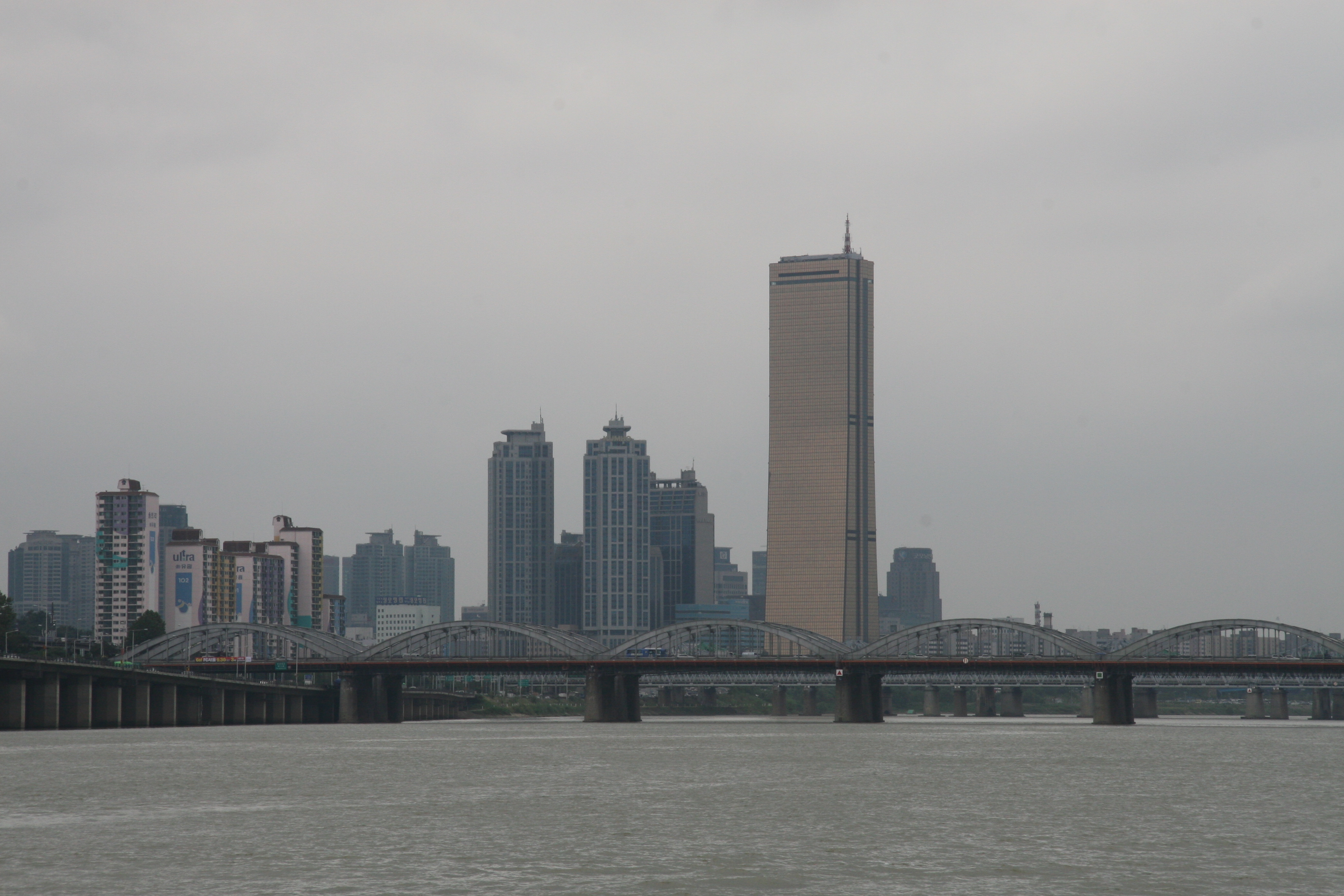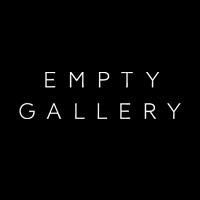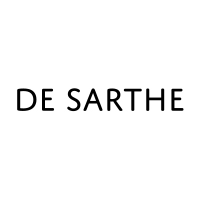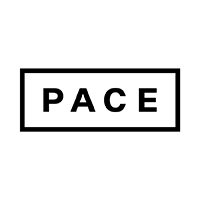Seoul’s Pompidou Criticized for Israeli Weapons Link
By Annette Meier

Exterior of the 63 building in Seoul, 2007. Courtesy Wikimedia Commons.
The Hanwha Group, South Korea’s seventh-largest conglomerate and the partner of the Centre Pompidou’s prospective Seoul museum, is facing increasing backlash over its ties to the Israeli Defense Forces (IDF). The company has faced similar criticism in the past for its affiliation with Elbit Systems, one of Israel’s largest arms suppliers.
Valued at USD 56.7 billion, the Hanwha Group (formerly, the Korea Explosives Company) is primarily known for its insurance, energy, and finance businesses. However, its subsidiary, Hanwha Aerospace, is South Korea’s leading arms manufacturer. Dubbed the “Lockheed Martin of Asia,” the company has raked in billions from “ongoing global geopolitical crises,” according to Time magazine.
Last March, the conglomerate’s philanthropic arm, Hanwha Foundation of Culture, signed a memorandum of understanding with Paris’s Centre Pompidou to launch a Korean outpost in early 2025, tentatively named the Centre Pompidou Hanwha Seoul. As reported in The Korea Times, the USD 21 million deal with the museum consists of a four-year licensing right to the Pompidou’s trademark. Set to open in Seoul’s iconic 63 Square building, which is also Hanwha’s headquarters, the forthcoming museum plans to exhibit works by acclaimed artists from the Pompidou’s collection. The museum project marks the French institution’s latest international expansion, following similar agreements with AlUla in Saudi Arabia and Jersey City in the United States.
The most recent partner in this initiative, Hanwha has come under scrutiny for its ties to Elta Systems and Elbit Systems, Israeli arms manufacturers that supply military weapons to the IDF such as unmanned aerial vehicles, artillery, munitions, and electronic warfare technology. Elbit Systems, in particular, has long garnered criticism from pro-Palestinian and antiwar activists.
In 2021, Hanwha Systems, a subsidiary of Hanwha Aerospace specializing in defense electronics, inked a partnership with both Elta and Elbit “to push for its export of an advanced radar system and cooperation in aviation technologies,” sparking immediate backlash. In January, protestors rallied in front of the Defense Acquisition Program Administration office in the city of Daejeon, in central Korea, demanding that the government cease arms exports to Israel.
Although South Korean President Yoon Suk Yeol publicly denounced the October 7 attacks on Israel by the Palestinian militant group Hamas, the country’s stance on the war remains ambiguous. In a press release, Yoon condemned the “indiscriminate killing of civilians . . . and hostage-taking as acts of terrorism in clear violation of international humanitarian law,” but refrained from directly vocalizing support for Israel. Many have interpreted his hesitation as an attempt to sustain important trade relations as South Korea expands economic operations in the Middle East (Saudi Arabia, which has yet to formally recognize Israel, is one of Korea’s largest trading partners in the region). Nonetheless, the Yoon administration “has agreed to work closely with the international community to resolve the situation as soon as possible and establish peace.”
It remains unclear whether Hanwha’s association with Israeli defense companies will hinder the opening of Centre Pompidou Hanwha Seoul, given that the Pompidou collection holds works by artists such as American photographer Nan Goldin and Lebanese artist Ali Cherri, who have denounced the war in Gaza. Above all, the partnership raises concerns about the ethicality of cultural institutions working with arms corporations—particularly those that are involved in active global military operations, and contributing to gross human rights violations.
Annette Meier is an editorial intern at ArtAsiaPacific.







